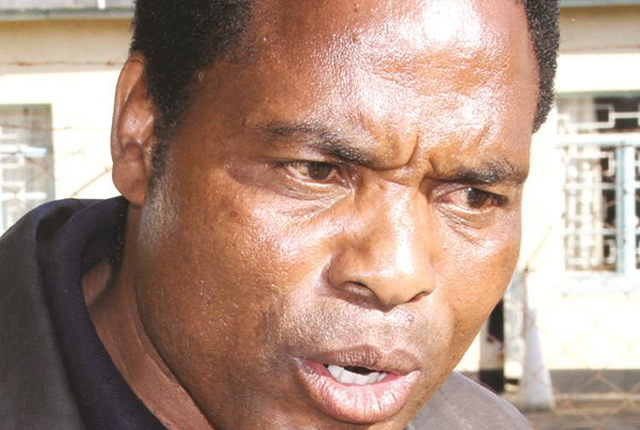OK’s Zireva calls it a day

Martin Kadzere Senior Business Reporter —
OK Zimbabwe Limited chief executive Mr Willard Zireva is set to step down on March 31 this year after serving the leading supermarket chain for over three decades.
OK Zimbabwe finance director Mr Alex Siyavora will become the chief executive with effect from April 1 this year, said Mr Zireva in internal memo to staff announcing his departure.
The appointment of Mr Siyavora, who has been with the organisation for the past 15 years, followed a series of interviews attended by internal and “invited” external candidates.
“The remuneration committee of the OK Zimbabwe Limited board of directors has confirmed Mr Alex Edgar Siyavora as my successor in the position of chief executive for the company with effect from 1st April 2017,” read part of the memo.
“I would like to take this opportunity to wish Alex Siyavora all the best as he steers the company forward.”
In an interview on Monday, Mr Zireva said “the company will do all the necessary (procedures) in terms of updating and advising the market on that kind of development”.
Mr Zireva is one of the longest serving CEOs on the market alongside the likes of Mr Albert Nduna who served as Zimre Holdings Limited for nearly three decades and the late Elisha Mushayakarara who was at the helm of ZB Financial Holdings for 20 years.
A renowned executive, Mr Zireva was appointed managing director of OK Stores in 1990 and became chief executive in 2001 after Delta unbundled the retail unit.
As the group CEO, Mr Zireva spearheaded the acquisition of Makro Wholesalers from Massmart in 2011.
Last year, the group said it would continue focusing on securing product supply to ensure adequate offerings as well as on cost containment initiatives to achieve profitable operations.
On the challenges, the group said the supply of local product remained hamstrung by outdated technology, high cost of capital, lack of working capital, and failure and delays in foreign payments for raw materials, as well at the state and cost of utilities.








Comments